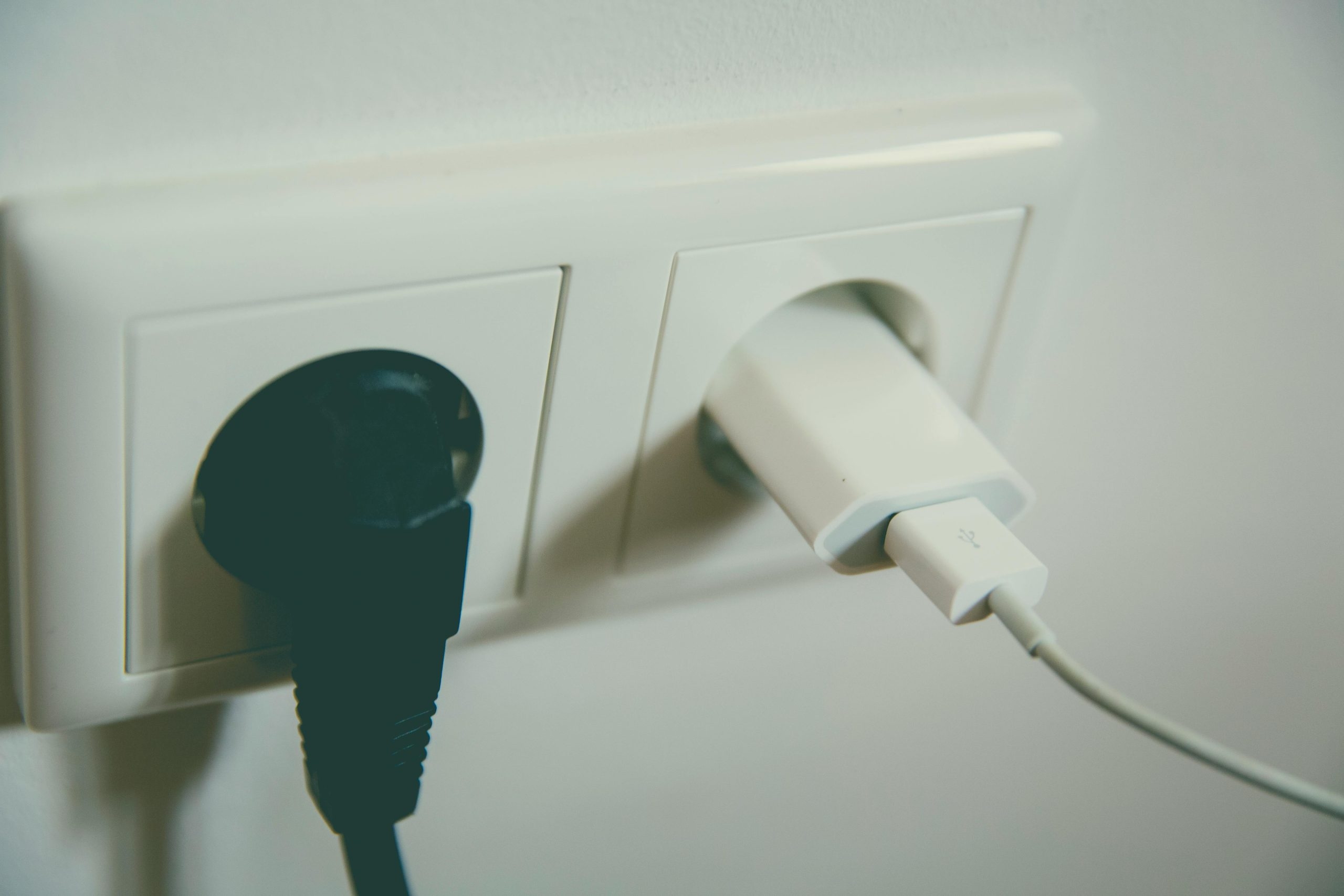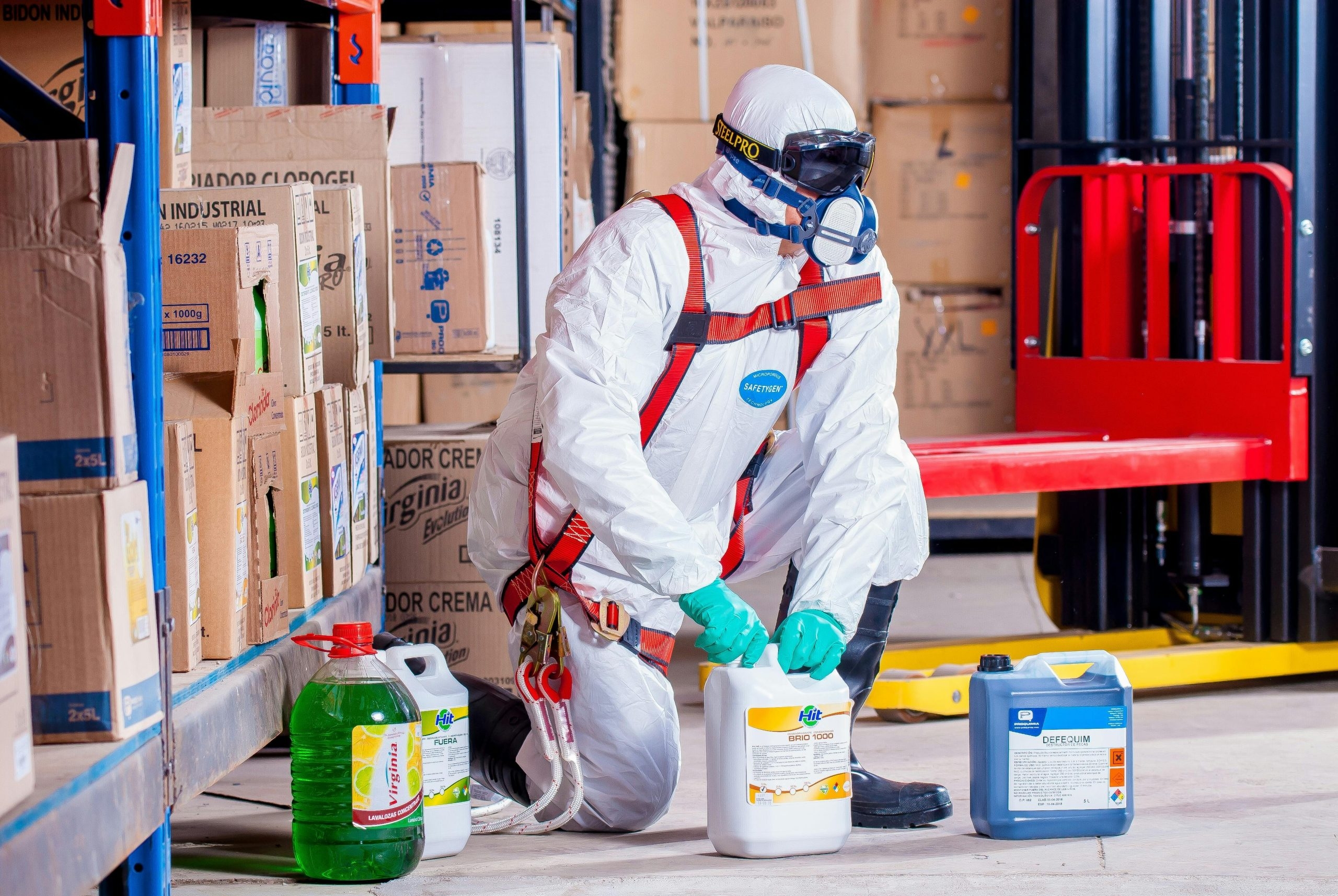As a society, we generally expect our educational establishments such as schools, colleges and universities etc., to be safe and comfortable places for those who use and visit them. Often, educational establishments are made up of several buildings within a sometimes-large campus. At the heart of these establishments, lies one or more boiler, plant room(s), without which the buildings could not function.
The purpose of this article is to raise awareness of the health and safety issues associated with boiler, plant room(s) and although we will spotlight the education sector, this article will be of interest to anyone, from any sector who are in control of premises that have boiler, plant room(s).
So, what are boiler, plant room(s)?
A boiler, plant room is generally considered to be a space or room within a building dedicated to the mechanical equipment and will invariably include the following:
- Back-up electrical generators.
- Boilers and chillers.
- HVAC (heating, ventilation and air-conditioning) equipment.
- Main distribution piping and valves.
- Sprinkler distribution piping and pumps.
- Water heaters and tanks.
- Water pumps.
Common hazards to think about and the risks
- Boiler, plant room(s) are usually considered to be confined spaces and where fuels such as natural gas, oil, coal, or propane may be used, CO levels can rise quickly displacing oxygen creating a dangerous health and safety risk. Carbon monoxide is an odorless, colorless, tasteless, and flammable gas that can be deadly within minutes without warning leading to harmful health effects such as asphyxiation, unconsciousness or death.
- Confined Space Entry: Some boiler, plant room(s) may be subject to the Confined Spaces Regulations 1997.
- Dangerous moving parts can lead to entrapment, crushing, shearing and cutting, causing severe injury or amputation.
- Hot surfaces can lead to severe burns.
- Electrical equipment can cause electric shock, tissue damaging burns, electrocution in severe cases i.e., death or serious injury caused by electric shock.
- Potential exposure to excessive noise levels can lead to irreversible hearing loss.
- Potential exposure to substances harmful to health by way of inhalation, ingestion, abortion through the skin or eyes and ingestion.
- Depending, on the age of the premises, there may be asbestos containing materials.
- Flooding, resulting in slippery surfaces or combined electrical equipment and supplies can cause electric shock or electrocution.
- Fire and or explosions leading to serious injury or death.
- Extremes of temperature.
- Access and egress restrictions.
Given the nature of the equipment involved and associated hazards and risks we have highlighted it is easy to see how dangerous boiler, plant can be. So, who should have access to boiler, plant room(s)?
Entry to boiler, plant room(s) should be restricted to maintenance personnel and servicing engineers and other specifically authorised individual and only under suitably controlled safety procedures such as a Permit-to-Work System which is a formal Health and Safety Management System used to ensure that work is done safely and efficiently in a prescribed and documented manner.
Other than those mentioned, does anyone in your company go into the boiler, plant room(s)? If they do, then you may be exposing them to a significant risk to their Health and Safety and in the event of an incident you and or your company could potentially be prosecuted under the Health and Safety Law. Remember, there does not need to be an injury for an employer to be prosecuted, the prosecution is brought about for a breach of law.
What are reasons non-authorised persons entering boiler, plant room(s)?
Our research has revealed some interesting uses e.g., storage of paper archives, records and office furniture, washing machines for laundry purposes including laundry drying. Many examples they are used as are tea, coffee break rooms, smoking rooms and on some occasions we have seen them used as locker rooms.
Taking a risk assessment approach, how can we reduce risk?
Due to the differing size, type and equipment in use, control measures will vary according to hazards present, however some of the more common control measure will normally include:
- Prohibiting access, except for suitably authorised personnel such competent maintenance personnel and maintenance contractors; locking the area at all times with a suitable key control system in place.
- Providing suitable prohibition and hazard warning signage at access points.
- Do not allow anyone to use the boiler, plant room(s) for purposes other than what they are designed for.
- Permit-to-Work Systems e.g., ‘Confined Space’ and ‘Hot Work.’
- Gas detectors with automatic shut off valves.
- Fire, smoke detection system.
- Suitable means of fighting fire including automatic systems where the need has been identified through the risk assessment process.
- Smoking totally prohibited in or near the boiler, plant room.
- All equipment serviced and inspected at appropriate intervals.
- Ensuring access is not obstructed as immediate unrestricted access may be required to mains switches, gas isolation.
In summary, boiler, plant room(s) have to be effectively managed in terms of Health and Safety in accordance with relevant legalisation and based upon codes of practice and HSE and Industry Guidance. A risk-based approach is the best approach. Remember these key points:
- Only allow appropriate, authorise and trained personnel to enter boiler and the plant room(s).
- Do not use them for any other purpose other than the purpose for which they are designed.
Hazard perception is not an exact science and there are many hazardous areas, equipment, process, substances and conditions within the workplace that are not always obvious to everyone. It is for this reason that, as employers and those in control of premises, that we must ensure we are aware of hazards associated with boiler, plant room(s) and that we manage the risks effectively and continually raise awareness of the hazards and the health and safety controls, procedures and rules among employees and non-employees to ensure we avoid personal injury and ill-health.
If you need advice on health and safety surrounding Boiler, Plant Room(s) call 033 33 215 005 or email websiteenquiries@wirehouse-es.com






